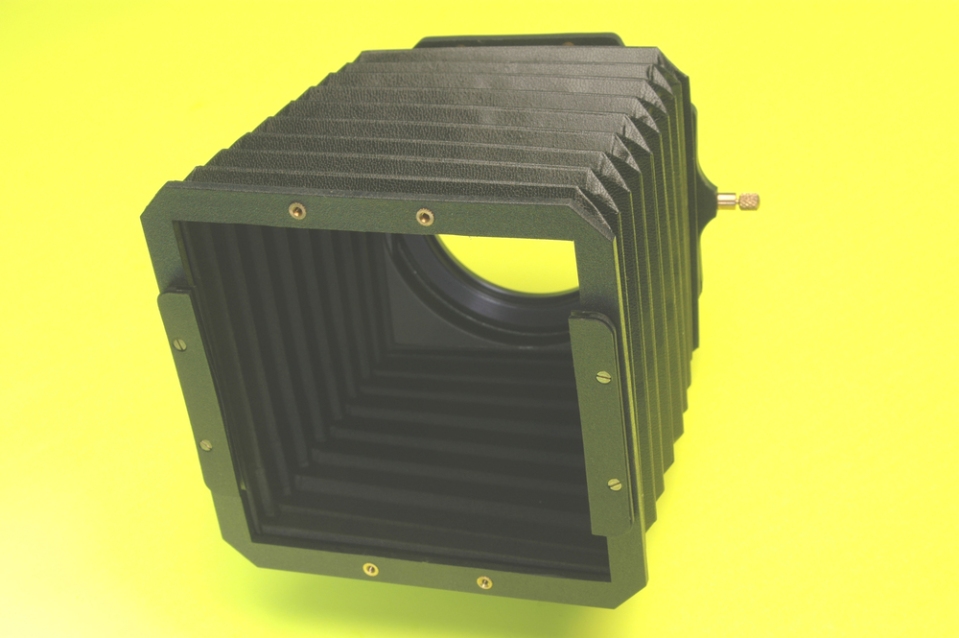Have you ever wondered how much control you have over the information you allow into your world?

I have been pondering this question since reading this in Mary Hess‘s Engaging Technology in Theological Education: “[Technology} makes it seem possible to control my environment to a large extent. It makes it seem possible to choose how and with whom my children and I will interact. I am convinced that such control is illusory, but it is a highly seductive illusion, and it comes at a high price.” Can I control my environment through technology? If not, what price do I pay for believing that I can?
I don’t watch much television, or listen to the radio much, or read any newspapers. I get most of my current events information from word of mouth, online news sources, and links in my Facebook newsfeed. I have good reasons for not engaging these media as my main source of news but I had not thought out all the consequences of so narrowly limiting my exposure to the world. Have I excised the voices unlike my own from my life’s newsfeed? If so, then how do I encounter the richness of God’s creation?
If not, then what price am I paying by believing the illusion? Hess points to the environmental price of not seeing my American consumption and the role it plays for the people in poverty of the world. I think there is a more personal price as well. I lose a vital corrective lens when I start believing in the illusion of control. Control will fail and then I am knocked off my center by the mere presence of that which I have banned from my vision.

What do you think? Can you really control your view of the world through the technology by which you receive information? If not, what price do you pay for living the lie?
This line resonates so strongly with me — "Control will fail and then I am knocked off my center by the mere presence of that which I have banned from my vision" — and I think it might well be one of the elements of why some people have so much fear of the digital that is being birthed in our midst.
I think that may be so. To have you point that out normalizes it for me.
Good thought process…I too deliberately shelter myself from no TV etc. ; I find life more peaceful that way…but it does have a price (consequence) as any decision in life does. I am a type 2 enneagram feeler so too much pain/depressing news brings my energy down. Balance is elusive of being well-informed/educated and preserving one’s healthy outlook. I think a huge part of the problem is that 90% of news is slanted to the negative. If we had a balance of reporting good news, then it might not seem so overwhelming.
Thank you, Jeanette! I love good news reporting. I believe in highlighting the good side of humanity as a public service. That is one of the reasons that I like Facebook so much. People in my list share their uplifting and encouraging stories as much as their need-for-social-action stories.
Can you really control your view of the world through the technology by which you receive information? That is a great question Chrysty! I think we all have a narrow scope through which we view the world. A scope that is somewhat formed by the media we choose to utilize or disregard. I think it has always been this way but we are now more easily connected to the global community through modern technology. For me this is a double edged sword in that we now have access to a great deal more information from varied sources and perspectives; although beneficial it can also be overwhelming. For me the larger question is — How do we navigate all the forms of media and the messages they share in our attempt to discern truth?
I love your question and I have no answer. I am learning, adjusting, and filtering on the fly all the time in this "brave new world" of technological media!
"Can you really control your view of the world through the technology by which you receive information?" In response to your question, I don’t think that you can. No matter how sheltered we are, things slip through the cracks. These days it may look more like an opposing view link in your news feed, or reading through comments that different from your views. It is an interesting concept!
Things do slip through the cracks and I find it is easier on my soul to face things head on first before they do. I do not like getting blind sided!
The price of paying by believing in the illusion took me back to my Christian Ethics class. Seeing is part of the three mediations in a reflective process as seen by Leonardo Boff in his Introducing Liberation Theology : seeing, judging, acting . Dr. Cynthia Moe-Lobeda, in her class told us that one of the factors leading to moral inertia in the face of systemic injustice on the part of people that are privileged by the same system it is the failure to see it. Once we are able to see it or be aware of it as you mentioned in your post, we can work to dismantle the social mechanisms that benefit one group at the expense of another. The ultimate standard of morality must be rooted in the praxis of liberation.
I agree, Alfredo. And I wonder how to constantly keep challenging myself to "see" past the illusions systemic injustice works so hard to keep in place.